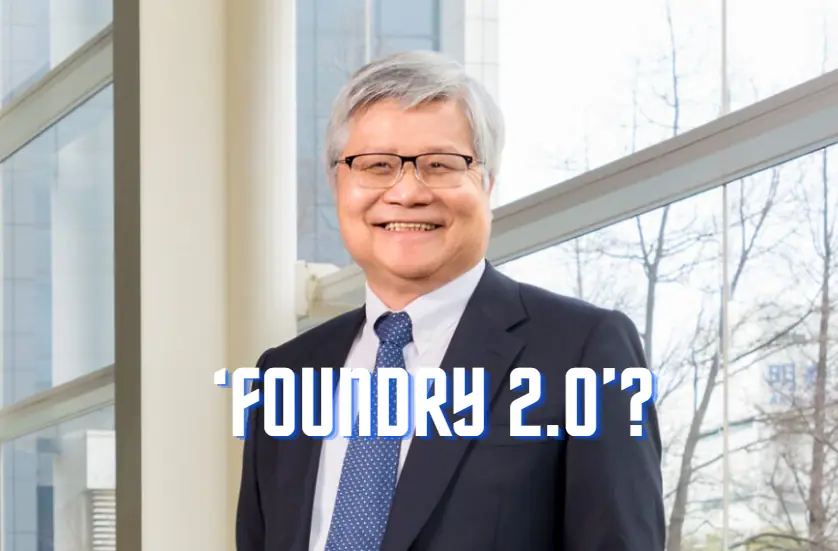
C. C. Wei, Chairman and Chief Executive Officer at TSMC
By Peter Clarke
What’s at stake?
At stake is hundreds of chip companies’ access to competitive semiconductor manufacturing. As chip and manufacturing processing complexity has increased the openness of the foundry market has diminished and the leader Taiwan Semiconductor Manufacturing Company (TSMC) is getting twitchy about the prospect of anti-trust regulation.
Access to semiconductor manufacturing has always been a contentious thing. Back in the very early days vertical integration of technology-based companies was standard. Every chip company was a semiconductor manufacturer that did device design by hand.
Third parties who wanted to benefit from earliest integrated circuits had to go to one of those companies skilled in the art and beg for wafer production otherwise destined for the fab operator’s primary business. Availability could come and go with market demand and lulls.
There were relatively many chip companies – or integrated device manufacturers (IDMs) – particularly across the United States. Each had proprietary methods and preferences and were slightly, or not at all, inclined to provide manufacturing services. And they were in control.
And here we have come full circle but with the change that there’s only somewhere between one and three companies skilled in the art at the leading-edge. Those being Intel, Samsung Electronics and Taiwan Semiconductor Manufacturing Co. Ltd.
